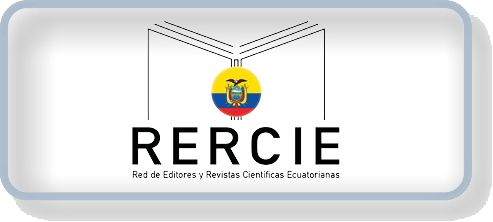Ethical Use of New Technologies and Research Tools
In the era of rapid technological advancements, new technologies and research tools play a significant role in expanding and deepening scientific inquiry. However, it is essential for researchers to use these technologies ethically to ensure the integrity of science and respect for human and social values. The following are several aspects to consider for the ethical use of new technologies and research tools:
- Evaluation of Social and Ethical Impact: Before adopting a new technology or tool, researchers should carefully assess its potential impact on society and ethical values. This includes considering how the technology may affect data privacy, autonomy, equity, and other social values. It is crucial to be aware of unintended consequences and work towards minimizing potential harms.
- Privacy and Data Protection: Emerging technologies, especially in the field of computer science and artificial intelligence, often involve handling large datasets, some of which may be sensitive or personal. Researchers must ensure that individuals' privacy is protected, and data is handled in accordance with data protection laws and regulations.
- Informed Consent: When new technologies are used to collect data from individuals or communities, obtaining informed consent is crucial. This means that the involved individuals should be fully informed about how their data will be used and what the associated risks and benefits are.
- Transparency and Explainability: Researchers should strive to be transparent in their use of new technologies. This is particularly important when utilizing machine learning algorithms and AI, which can often be black boxes. Transparency about how these algorithms work and how decisions are made is essential for accountability and trust.
- Training and Accountability: Researchers should be adequately trained in the ethical use of new technologies. This includes understanding the technical aspects of the tools as well as the ethical implications of their use. Additionally, they should be aware of their responsibility in case the use of the technology results in negative consequences.
- Inclusion and Diversity: It is important to ensure that the use of new technologies does not exclude or discriminate against certain groups of people. Researchers should strive to ensure that technologies are accessible and benefit a wide range of populations.
- Collaboration and Stakeholder Engagement: Involving stakeholders, including community groups and ethics experts, in the process of adopting and using new technologies can help identify and address ethical concerns and ensure that the technology is used in a manner that aligns with societal values.
By following these guidelines, researchers can ensure that new technologies and tools are used ethically, which not only maintains the integrity of science but also protects and respects the values and well-being of society as a whole.

































